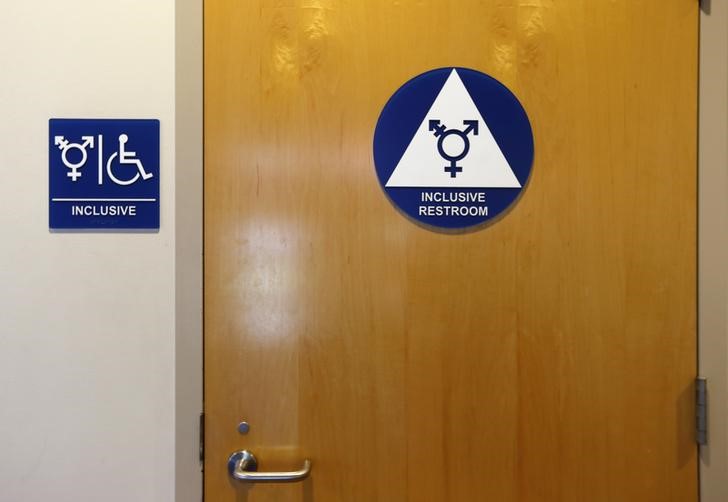Government challenges trend towards 'gender neutral' toilets

The Government has launched a review into the provision of public lavatories that will "help women be assured of the necessary provision of toilets".
It comes as evidence shows that increasing numbers of public toilets are being made 'gender neutral', something the Government said was "causing problems for women and the elderly in particular".
Announcing the review, the Government said public buildings should "use sex-specific language" in order to "avoid confusion".
"Women often have to face excessive queues for toilets or don't have access to appropriate facilities that meet their needs when out," it said.
"This can mean that women are reluctant to go out or take trips that many take for granted, and are less likely to feel comfortable using mixed-sex facilities."
It went on to say that the trend in recent years to replace female-only facilities with 'gender neutral' toilets had "caused concern" and went "against legislation where public authorities have a duty to provide safe spaces for women in lavatories in buildings".
The review will consider the ratio of female toilets required against the number available for men "given the need for women to always use cubicles", and will address "misconceptions that removing sex-specific toilets are a requirement of equality legislation".
Communities Secretary Robert Jenrick said: "The review that I have launched today will help women be assured of the necessary provision of toilets.
"This is a necessity, and I have listened to the concerns raised by many women and the elderly in relation to this issue.
"I have launched a review to establish the best way to deliver this as a priority and make sure that women can expect a sense of dignity, security and safety when using facilities.
"We want to maintain safeguards that protect women and the proper provision of separate toilets, which has long been a regulatory requirement, should be retained and improved."











